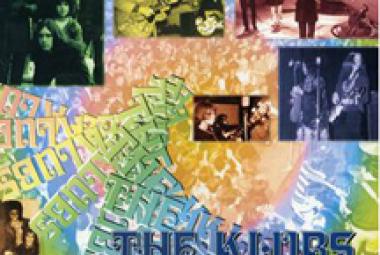The Public Domain consists of all the creative work to which no exclusive intellectual property rights apply. Those rights may have expired, been forfeited, expressly waived, or may be inapplicable. As examples, the works of William Shakespeare and Ludwig van Beethoven, and most early silent films, are in the public domain either by virtue of their having been created before copyright existed, or by their copyright term having expired. Some works are not covered by copyright, and are therefore in the public domain. Other works are actively dedicated by their authors to the public domain. The term public domain is not normally applied to situations where the creator of a work retains residual rights, in which case use of the work is referred to as “under license” or “with permission”. As rights vary by country and jurisdiction, a work may be subject to rights in one country and be in the public domain in another.(More from Wikipedia)
I will have more to say about songwriting in a post sometime in the future, but generally speaking, the music industry has become much more fastidious about songwriting credits now than was the case through the 1960’s. Regarding “You’re Going to Need Somebody on Your Bond”, which is a song that is evidently in the Public Domain, it was fairly common for musicians to list themselves as the songwriters. The more proper credit would be: “Traditional – arranged by Buffy Sainte-Marie”.
(August 2013)
* * *
As a further wrinkle, the tune for “Love Me Tender” is an adaptation of a popular Civil War-era song “Aura Lea” (published in 1861), which had music by George R. Poulton and words by W. W. Fosdick. As with most old songs, “Aura Lea” is now in the “Public Domain”, meaning that the intellectual property rights for the writing of this song have expired; thus, Poulton and Fosdick did not have to be credited at all, nor did their heirs receive any compensation when “Love Me Tender” became a big hit.
(April 2015/1)















